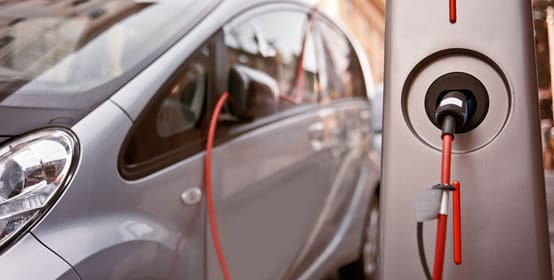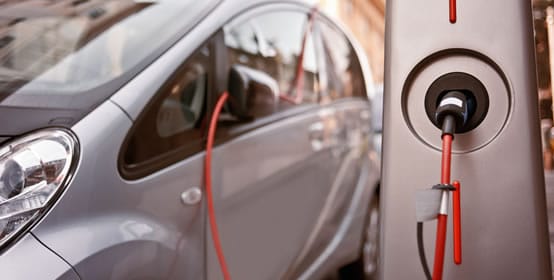Driving Forward: Africa's Key Role in Electric Vehicle Minerals Supply Chain Revealed!
In the global shift towards sustainable transportation, Africa emerges as a pivotal player in the supply chain of minerals essential for electric vehicles (EVs).


In the global shift towards sustainable transportation, Africa emerges as a pivotal player in the supply chain of minerals essential for electric vehicles (EVs).
From the cobalt-rich terrains of the Democratic Republic of Congo (DRC) to South Africa's platinum group metals (PGMs), the continent boasts abundant resources crucial for powering the EV revolution.
Democratic Republic of Congo (DRC) - Cobalt Capital of the World
At the heart of Africa's contribution to EV technology lies the Democratic Republic of Congo (DRC). Renowned as the world's largest producer of cobalt, DRC's mines provide a substantial portion of the cobalt used in lithium-ion batteries, the backbone of modern electric vehicles.
Cobalt's conductivity and stability make it indispensable for extending battery life and enhancing efficiency in EVs.
South Africa - Platinum and Palladium Powerhouses
South Africa stands out for its vast reserves of platinum and palladium, collectively known as platinum group metals (PGMs).
These metals play a critical role as catalysts in fuel cells, a technology increasingly adopted in hydrogen-powered vehicles.
As the demand for hydrogen fuel cells grows alongside EVs, South Africa's PGMs become even more crucial in advancing zero-emission transport solutions.
Zimbabwe - Lithium Hub of Southern Africa
In Southern Africa, Zimbabwe emerges as a key player with significant lithium deposits.
Lithium-ion batteries, used extensively in EVs and renewable energy storage systems, rely heavily on Zimbabwe's lithium resources.
The country's strategic position underscores its potential to meet the increasing global demand for lithium, essential for powering the clean energy future.
Ghana - Lithium and Manganese Riches
Ghana contributes to the EV minerals supply chain with its reserves of lithium and manganese.
While lithium drives the energy density of batteries, manganese plays a pivotal role in enhancing battery stability and lifespan.
Together, these minerals from Ghana support the production of high-performance lithium-ion batteries, critical for the efficiency and sustainability of electric vehicles worldwide.
Namibia - Uranium for Low-Carbon Energy Synergy
Namibia's significant uranium reserves contribute indirectly to the EV ecosystem through nuclear power generation.
While not directly used in electric vehicles, uranium supports low-carbon energy solutions that complement the electrification of transport.
This synergy highlights Namibia's role in providing sustainable energy sources that power the global transition towards electric mobility.
Morocco - Phosphate Pioneer in Battery Technology
Morocco leads in phosphate production, a mineral essential for the production of lithium iron phosphate batteries.
These batteries are an alternative to conventional lithium-ion batteries, offering enhanced safety and thermal stability, crucial for electric vehicle applications.
Morocco's phosphate resources bolster the diversity and resilience of the EV minerals supply chain, ensuring a robust foundation for future technological advancements.
Africa's Crucial Contribution to Global Sustainability
As the world accelerates towards a carbon-neutral future, Africa's rich tapestry of minerals plays a pivotal role in shaping the landscape of sustainable transportation.
The continent's wealth in cobalt, PGMs, lithium, manganese, uranium, and phosphates positions it as a cornerstone of the EV minerals supply chain.
By harnessing these resources responsibly and sustainably, Africa not only meets global demand but also drives economic growth and technological innovation across the continent.
Looking Ahead
Africa's prominence in the EV minerals supply chain underscores the continent's potential to lead in the global transition towards clean and efficient mobility.
With ongoing investments in infrastructure, technology, and sustainability practices, African nations are poised to capitalize on their natural resources responsibly, contributing to a greener and more resilient future for generations to come.
In conclusion, Africa's key role in the electric vehicle minerals supply chain is not just pivotal but transformative.
By harnessing its natural wealth and advancing sustainable practices, Africa stands at the forefront of driving forward the global shift towards electric mobility and environmental stewardship.




